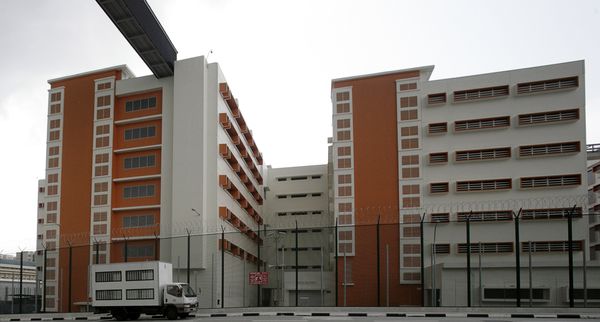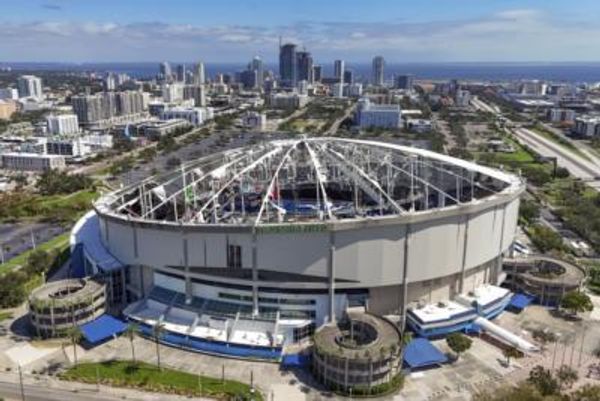
Evidently stung by suggestions of being in any way political, the Reserve Bank quickly responded to Benjamin Clark’s Crikey piece yesterday, which referred to revelations 18 months ago that the RBA was funding conservative think tanks.
The RBA had reviewed its policies since then, it advised us (and we updated Clark’s piece). In its annual report last year, the bank outlined the results of that review:
In 2020-21, the bank undertook a review of its criteria for corporate membership of policy institutes in view of the increased number of these entities in Australia and more frequent requests for sponsorship. The criteria are that the entity is: independent and not aligned with a political party or some other institution; is not-for-profit; regularly produces research reports and makes those research reports publicly available; covers a broad range of economic and financial issues that are relevant to the bank’s mandate (rather than specific issues); offers corporate membership that is assessed to provide good value for money; and promotes the public interest.
As a result, the bank continues to fund the Centre for Independent Studies, the Committee for Economic Development of Australia (CEDA), the Ethics Alliance, and the Lowy Institute, “and became a member of the McKell Institute”. It is also an associate member of the South East Asian Central Banks Research and Training Centre.
All up it spends about $280,000 a year on these sponsorships.
It also now has a relationship with the Grattan Institute — it pays a secondee to work at Grattan, and the second of those secondees is currently being selected.
While both the Centre for Independent Studies — like the Institute of Public Affairs (IPA) but with some intellectual credibility — and CEDA are hardline neoliberal outfits (CEDA is the local vehicle for those ridiculous, discredited World Economic Forum competitiveness reports), neither is especially partisan, unlike Gerard Henderson’s Sydney Institute, now evidently no longer funded by the RBA.
The McKell Institute, however, is another question. Describing itself as “a progressive research institute dedicated to providing practical and innovative solutions to contemporary policy challenges”, it’s not formally linked to the ALP but skews heavily towards it. New CEO Michael Buckland is a former Labor staffer and its board, state directors and fellows are dominated by former Labor MPs, staffers and candidates: Craig Emerson, Steve Bracks, Sarah Mawhinney, Ryan Batchelor, Rachel Nolan, Sam Crosby, Mary Crawford — alongside a lengthy list of union officials.
Nothing wrong with any of that; McKell makes an excellent contribution across a wide range of issues — wages stagnation, housing, superannuation, renewables. But if the RBA is serious about sponsoring bodies that are “independent and not aligned with a political party or some other institution”, it’s hard to see how McKell fits.
Perhaps the bank’s real problem is the dearth of high-quality independent research and public policy bodies — for every Grattan Institute, there are a couple of Australia Institutes or McKell Institutes that self-identify with the left, while the right is dominated by the reactionary shills of the IPA and fronts for business lobbyists.
Australia’s independent public policy research capacity is wide — but shallow.







